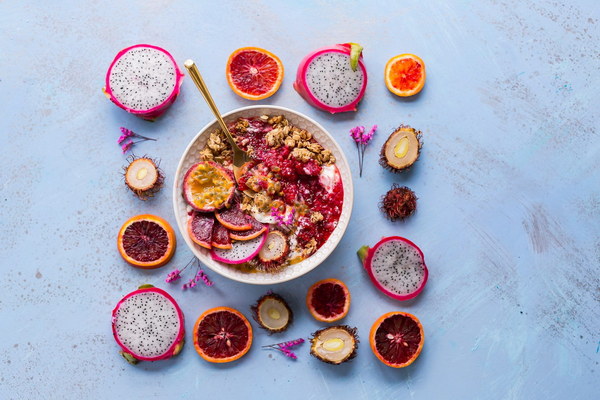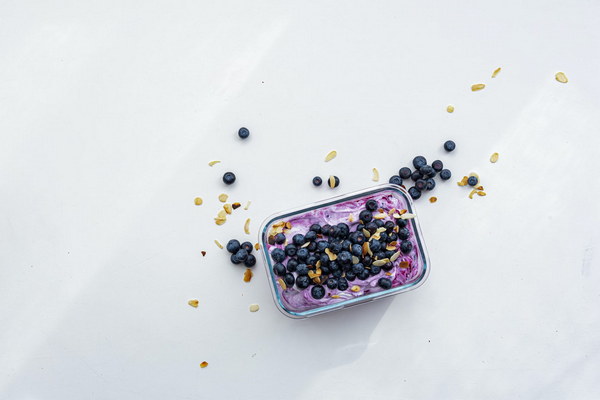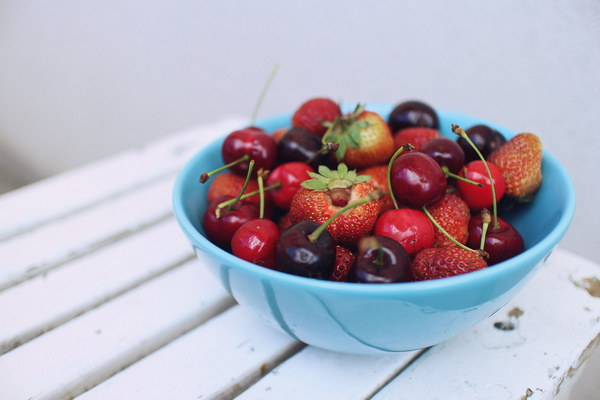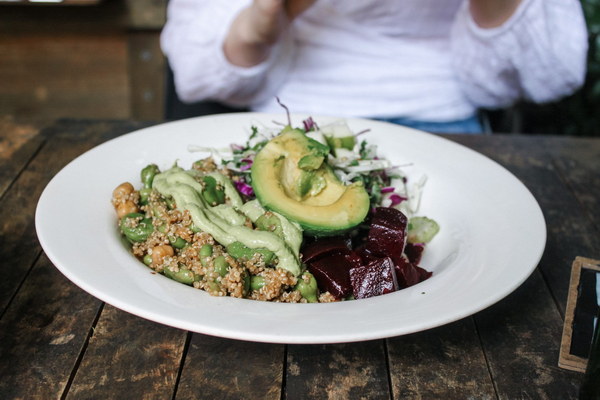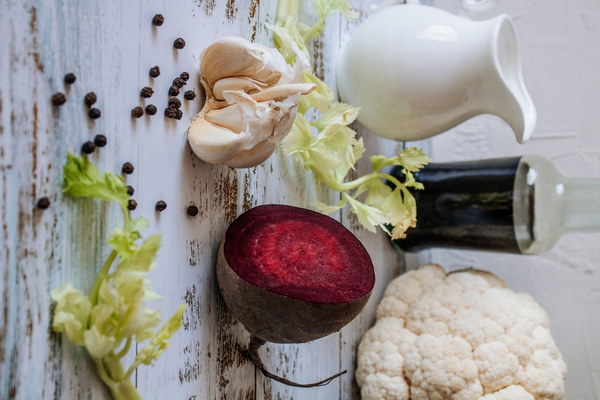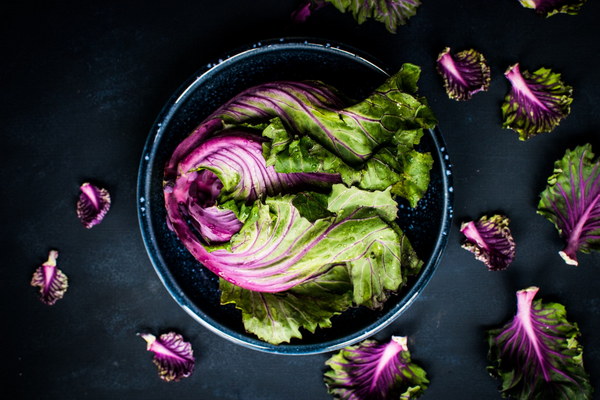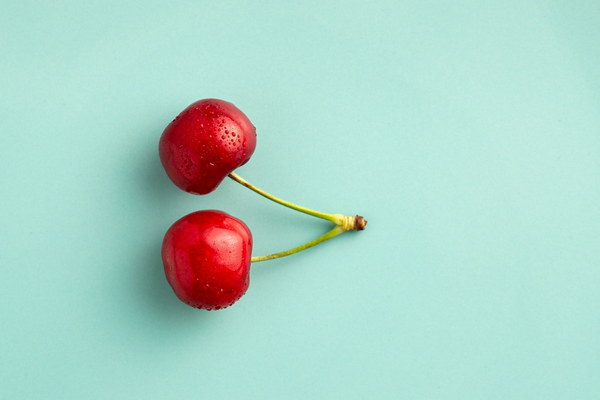Savor the Warmth Exploring the Delicious and HealthPromoting Teas for Autumn and Winter
As the leaves begin to change color and the air turns crisp, the arrival of autumn and winter calls for a more thoughtful approach to our diet and wellness. One of the most delightful ways to embrace the season's essence is through the consumption of warming and invigorating herbal teas. Not only do these brews tantalize the taste buds, but they also offer a plethora of health benefits that can help you stay cozy and healthy throughout the colder months. Let's delve into the delightful world of autumn and winter herbal teas.
The Importance of Tea in Cold Weather
During the colder months, our bodies require additional warmth and energy to combat the chill in the air. Drinking warm beverages is a traditional and effective way to stay warm. Tea, in particular, is a natural thermogenic drink that can help increase your body temperature and improve circulation. It is also hydrating, which is crucial during the winter when the air tends to be drier.

Types of Tea for Autumn and Winter
1. Ginger Tea: This spicy tea is a staple in many cultures during the winter season. Ginger has anti-inflammatory properties and can help alleviate cold symptoms. It also aids digestion and boosts the immune system.
2. Honey and Lemon Tea: A classic combination that provides relief from a sore throat and helps fight off colds. Lemon is rich in vitamin C, which is known for its immune-boosting properties, while honey has antibacterial and antiviral qualities.
3. Chamomile Tea: Known for its calming effects, chamomile tea can help alleviate anxiety, promote relaxation, and improve sleep quality. It is also a natural remedy for digestion issues.
4. Peppermint Tea: Peppermint tea is great for soothing an upset stomach, reducing bloating, and easing respiratory issues. Its menthol content helps clear congestion and open up airways.
5. Elderberry Tea: This potent herbal tea has been shown to boost the immune system and reduce the duration and severity of colds and flu. Elderberries are rich in antioxidants and vitamin C.
6. Licorice Tea: Licorice root tea is excellent for soothing a sore throat and reducing inflammation. It is also known for its adaptogenic properties, which help the body manage stress.
How to Prepare the Perfect Brew
To make the most of your autumn and winter teas, follow these simple steps:
- Use fresh, filtered water.
- Heat the water to the appropriate temperature (hot for black teas, warm for herbal teas).
- Steep the tea leaves or bags for the recommended time (usually between 3-5 minutes).
- Add any desired sweeteners or spices, such as honey, lemon, ginger, or peppermint.
The Health Benefits of Drinking Tea
- Boosts Immunity: The antioxidants found in tea can help strengthen your immune system, making it more resistant to infections.
- Improves Digestion: Certain herbs, like peppermint and ginger, can aid in digestion and prevent bloating.
- Reduces Stress: Tea contains compounds that can help reduce stress levels, promoting relaxation and better sleep.
- Lowers Risk of Chronic Diseases: Regular tea consumption has been linked to a lower risk of heart disease, diabetes, and certain types of cancer.
In conclusion, autumn and winter herbal teas are more than just delightful beverages; they are a blend of comfort, health, and tradition. Embracing the seasonal change by sipping on these warming teas can help you stay cozy and healthy throughout the colder months. So, go ahead and treat yourself to a warm, soothing cup of tea, and enjoy the perfect harmony of taste and wellness.
